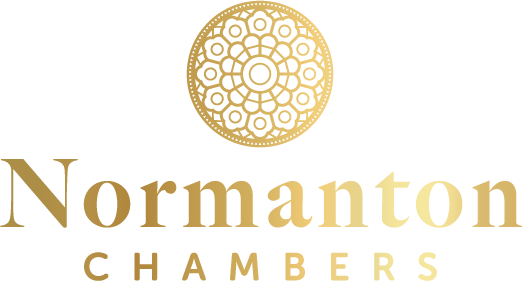Private FDRs
These are similar to Early Neutral Evaluations. The term FDR refers to a court appointment in a family case, a financial remedy application called a Financial Dispute Resolution Appointment. This is a court appointment at which the parties attend with their respective legal representatives. Prior to the appointment the parties would have exchanged their individual proposals for settlement and attend this appointment before a judge who hears submissions on each side’s proposals before giving an indication as to how the case should settle. Although these appointments are listed for an hour, the reality is that the parties are often at court for the entire day in order to thrash out a settlement and avoid further court attendances, further costs and thus bring an end to the litigation to enable each of them to move on with their lives. Parties are required to ‘use their best endeavours’ to negotiate, discuss and achieve a settlement. The FDR judge does not hear any evidence and does not make any findings or a decision. In the event the parties are unable to settle the matter, the judge must make directions for the case to proceed to a final hearing at which a different judge will hear evidence and make a decision.
A private FDR is another option enabling parties in a financial dispute to resolve matters outside the formal court process, and probably earlier. There are options as to who could conduct the private FDR, such as a retired judge, or a senior barrister who is engaged by the parties, usually for a whole day, to consider the evidence available in their case so far, read the offers already made and listen to their legal representatives’ submissions. Just as in the formal FDR, the private FDR ‘judge’ will give an indication as to the appropriate outcome in the case.
A private FDR or early neutral evaluation follows a very similar procedure to this except that it takes place outside the court arena and the lawyer or former judge presiding over it is paid privately for their time by the parties.
Advantages of a private FDR:
- Unlike the court-based FDR, parties do not have to be engaged in proceedings and this process is available as part of a voluntary process of trying to achieve settlement
- An indication of likely outcomes from an experienced practitioner at an early stage can help achieve an earlier settlement thus reducing the costs involved
- Neither party is bound by the indication given unless they choose to agree the settlement
- The private FDR can take place anywhere at any time convenient to the parties, their legal representatives and the FDR judge
- Whereas in a court-based FDR, the judge is appointed by the court system, the parties can choose and agree their private FDR judge
- The parties in consultation with the private FDR judge are free to agree their procedure
- Unlike the court-based FDR, the private FDR judge is available to hear and deal with one case over the course of the day so can provide much more assistance to facilitate a settlement being reached.
- In the event settlement is not achieved, the private FDR judge can assist the parties in narrowing the issues between them.
- The process is more cost-effective. A significant difference between a court-based FDR and a private FDR is that the private FDR judge will need to be paid by the parties. However, choosing this route may ultimately be more cost-effective in resolving the case and achieving an early settlement.
Members specialising in this area:
Please contact the clerks for further information on
clerks@normantonchambers.com
or by telephone at 0300 0300 218
